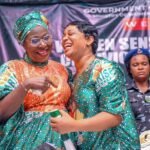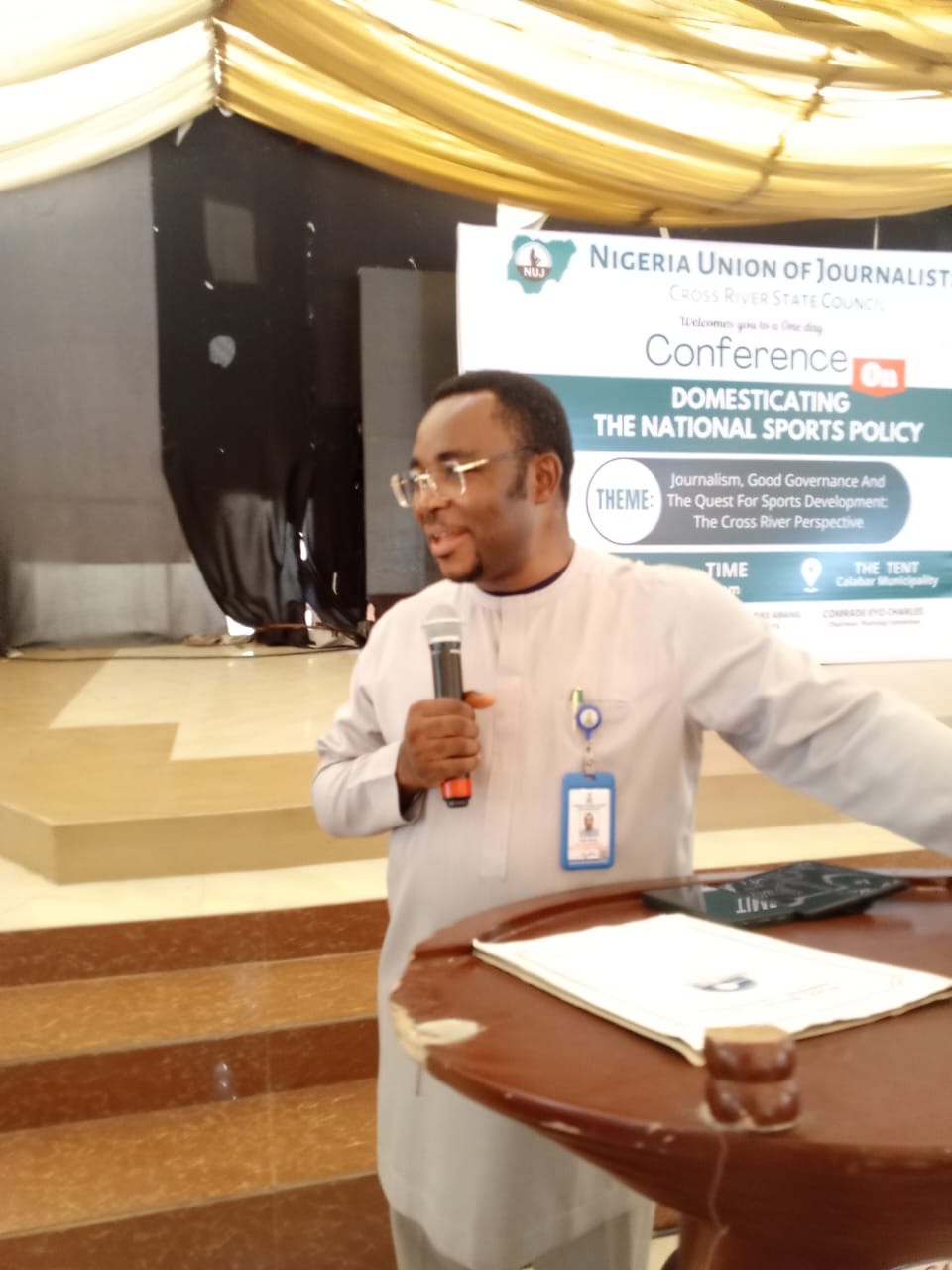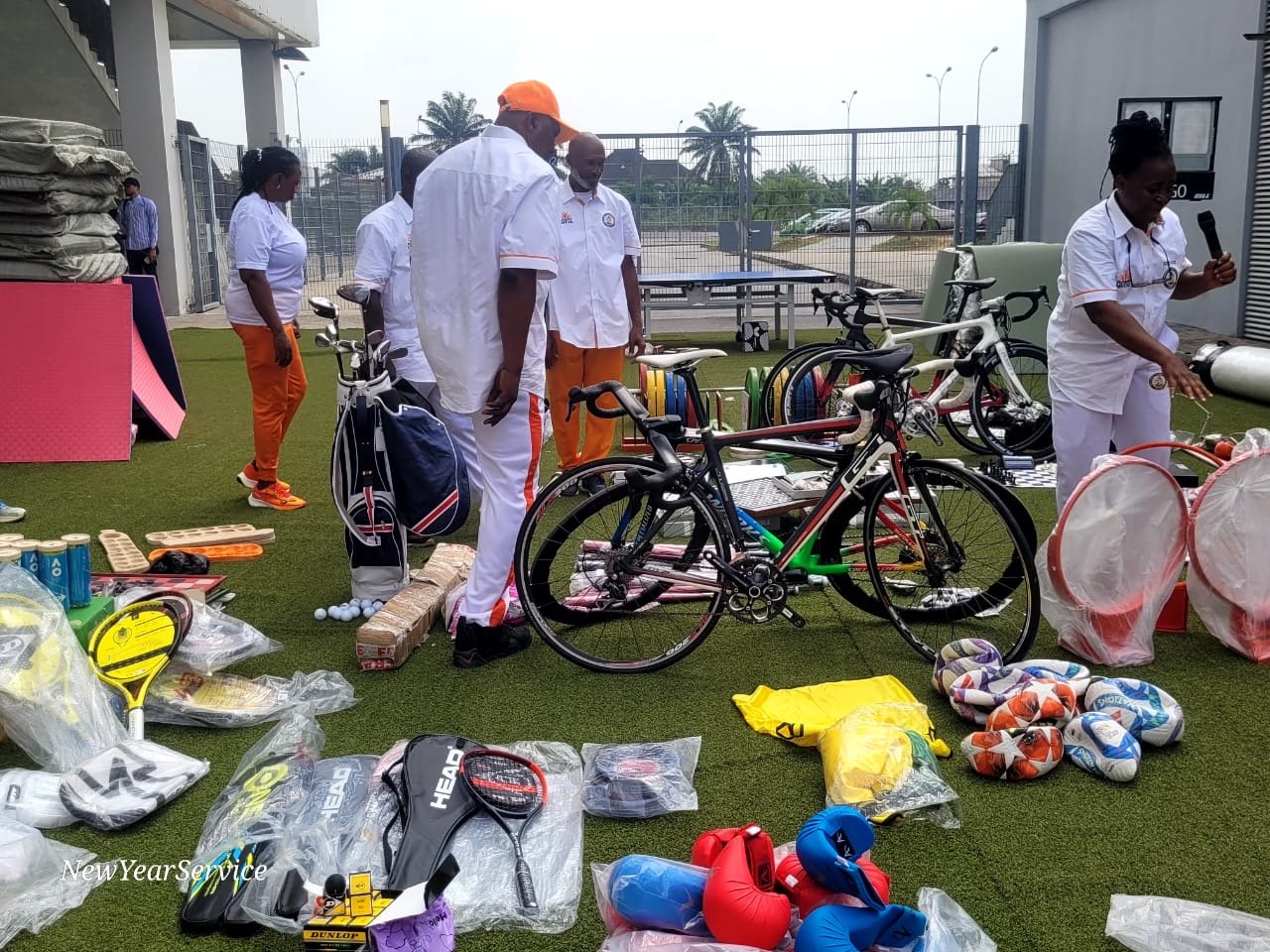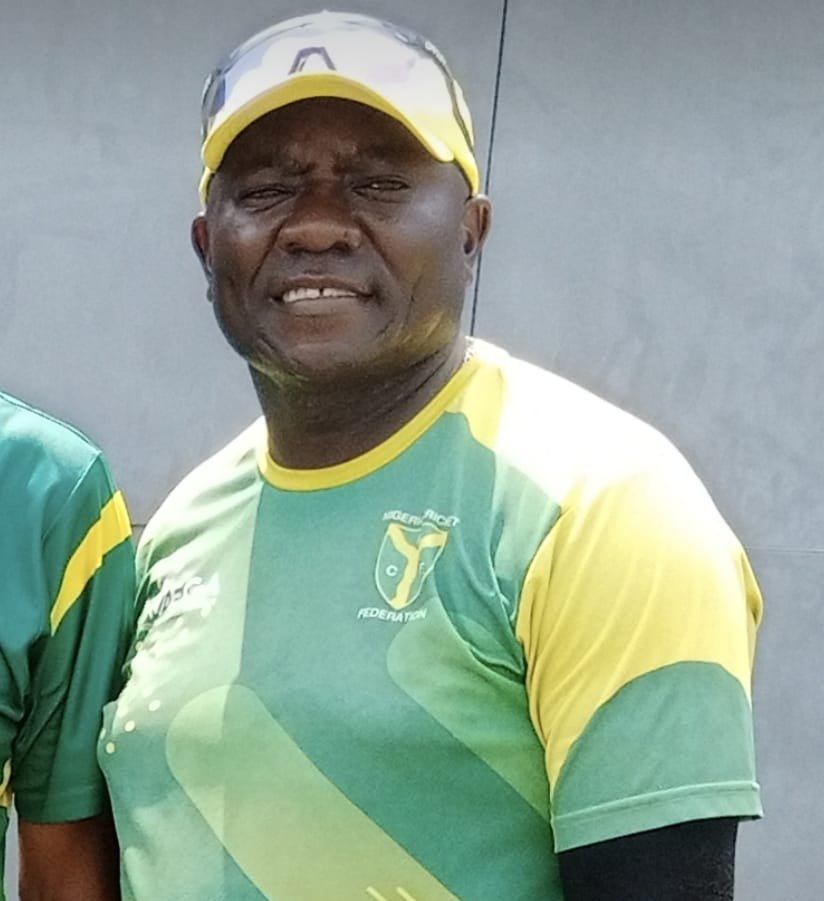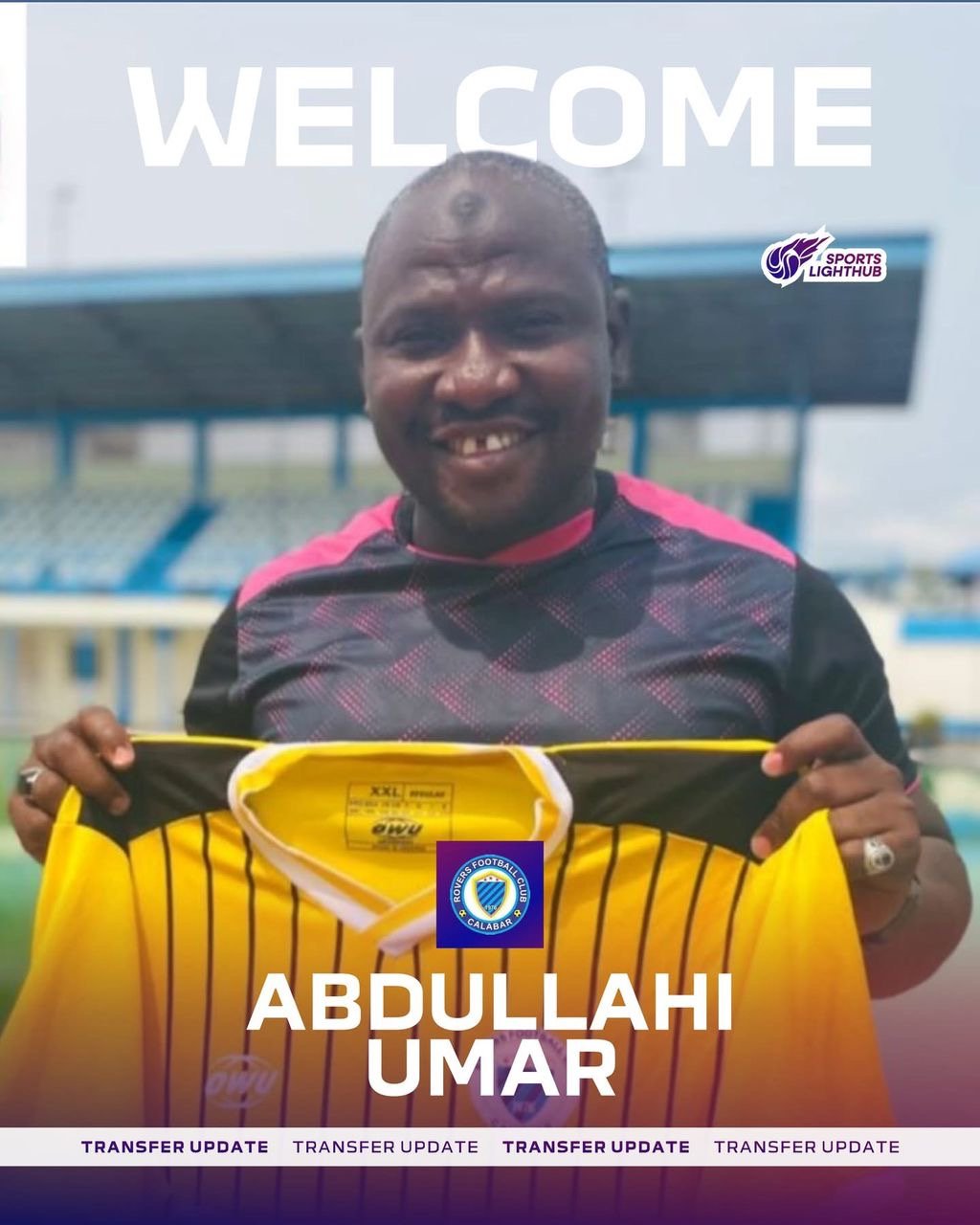Dr. Bong Duke during his presentation.
Delivered at the 2025 Media Week Celebration, Calabar, Nigeria, May 8.
Theme: “Harnessing Sports for Development: The Case for Policy Domestication in Cross River State”
By Dr. Bong Duke
It is an honour to stand before you today at this prestigious 2025 Media Week Celebration to discuss a critical driver of sustainable development—sports —and why Cross River State must urgently domesticate the Nigerian National Sports Policy (NNSP) to unlock its full potential for our people.
As the CEO of the Cross River State Planning Commission, I am deeply convinced that sports is not just about recreation or entertainment; it is a powerful tool for youth empowerment, economic growth, and social cohesion.
However, without a clear, localized policy framework, we risk leaving behind opportunities that could transform lives and communities.
Why Domesticate the National Sports Policy?
1. Aligning with National Standards, Addressing Local Realities
The NNSP provides a robust blueprint for sports development, but each state must adapt it to its unique context. Cross River State—home to rich sporting talents, world-class facilities like the U.J. Esuene Stadium, and a history of excellence in athletics, football, and wrestling—needs a customized policy that addresses grassroots sports funding, infrastructure maintenance, and talent incubation.
2. Economic Diversification & Job Creation
Sports is a multi-billion-dollar global industry. By domesticating the NNSP, we can create pathways for:
– Public-Private Partnerships (PPPs) in sports infrastructure.
– Entrepreneurship in sports tourism (e.g., leveraging Calabar’s Carnival and Obudu Mountain Race).
– Youth employment through academies, leagues, and allied industries (fitness, merchandising, etc.).
3. Health & Social Benefits
A domesticated policy will institutionalize sports in schools and communities, tackling sedentary lifestyles, drug abuse, and youth restiveness. Imagine a Cross River where every child has access to structured sports programs— healthier generations, reduced healthcare burdens, and disciplined leaders of tomorrow.
4. Competitive Advantage & Funding
States with clear sports policies attract federal grants and international partnerships. Akwa Ibom and Lagos have shown how policy-driven sports investments yield dividends. Cross River must not lag!
To achieve this, we propose:
1. Immediate Adoption & Localization – Work with the Ministry of Youth & Sports to tailor the NNSP to our state’s goals.
2. Stakeholder Collaboration – Involve local governments, NGOs, media, and private sector players.
3. Legislative Backing – Partner with the State House of Assembly to enact a Cross River Sports Development Law.
4. Media Advocacy – You, our esteemed media professionals, are key to shaping public opinion and holding leaders accountable.
Sports is more than just games; it is a **multi-sectoral enterprise** that drives youth empowerment, economic growth, and global recognition. However, without strong institutions and clear governance, even the most talented athletes and abundant potentials will remain untapped.
Today, I present a blueprint for institutionalizing sports development in Cross River State—one that ensures accountability, sustainability, and measurable impact.
I. THE CURRENT CHALLENGES IN SPORTS GOVERNANCE
Before we prescribe solutions, let us acknowledge the gaps:
1. Fragmented Administration: Overlapping roles between the Ministry of Sports, Sports Commission, and local councils.
2. Weak Policy Implementation: Lack of enforcement mechanisms for existing sports regulations.
3. Funding Bottlenecks: Over-reliance on government budgets without structured private-sector participation.
4. Grassroots Disconnection: Talent identification systems are weak, leaving rural talents undiscovered.
These challenges demand structural reforms.
II. PROPOSED INSTITUTIONAL FRAMEWORK
To build a world-class sports ecosystem, I recommend a 4-tier governance structure:
1. Policy & Oversight Tier
– Cross River State Sports Development Council (CRSSDC):
– Chaired by the Governor or Deputy Governor.
– Comprising the Ministry of Sports, Planning Commission, Finance, Education, Min. Of Youths and private sector reps.
– Role: Strategic policy formulation, inter-agency coordination, and performance monitoring.
2. Regulatory & Implementation Tier
– Strengthened State Sports Commission:
– Restructured as a semi-autonomous agency with a board of seasoned sports administrators.
– Mandate: Oversee leagues, facilities, athlete welfare, and compliance with state sports laws.
3. Grassroots & Talent Development Tier
– Local Government Sports Committees (LGSCs):
– Established in all 18 LGAs, funded through a dedicated sports levy.
– Focus: School sports, inter-community competitions, and talent scouting.
4. Private Sector & Investment Tier
– Cross River Sports Investment Fund (CRSIF):
– A PPP initiative to attract sponsorships, grants, and infrastructure investments.
– Tax incentives for corporations supporting sports development.
III. KEY REFORMS FOR EFFECTIVE GOVERNANCE
1. Legislative Backing: Enact a Cross River State Sports Development Law to codify roles, funding, and accountability.
2. Data-Driven Management: Establish a Sports Intelligence Unit to track athlete progress, facility usage, and ROI on investments.
3. Anti-Corruption Safeguards: Transparent bidding processes for contracts and independent audits of sports funds.
4. Women & Para-Sports Inclusion: Reserve 30% of funding for female athletes and disability sports programs.
IV. THE ROAD AHEAD: A CALL TO ACTION
To actualize this framework, I urge:
– The State Executive Council to approve the revised sports policy.
– The State Assembly to prioritize the Sports Development Bill.
– Corporate Organizations to adopt athlete scholarships and facility sponsorships.
– The Media to hold stakeholders accountable through investigative reporting.
Cross River State has always been a trailblazer—from the first capital of Southern Nigeria to the home of Africa’s largest carnival. Now, we must lead in sports-driven development. Let us domesticate the National Sports Policy not because it is optional, but because it is imperative for our future.
Together, let’s build a State where sports is not just a game but a strategy for prosperity.
Duke is the VC/CEO, Cross River State Planning Commission




